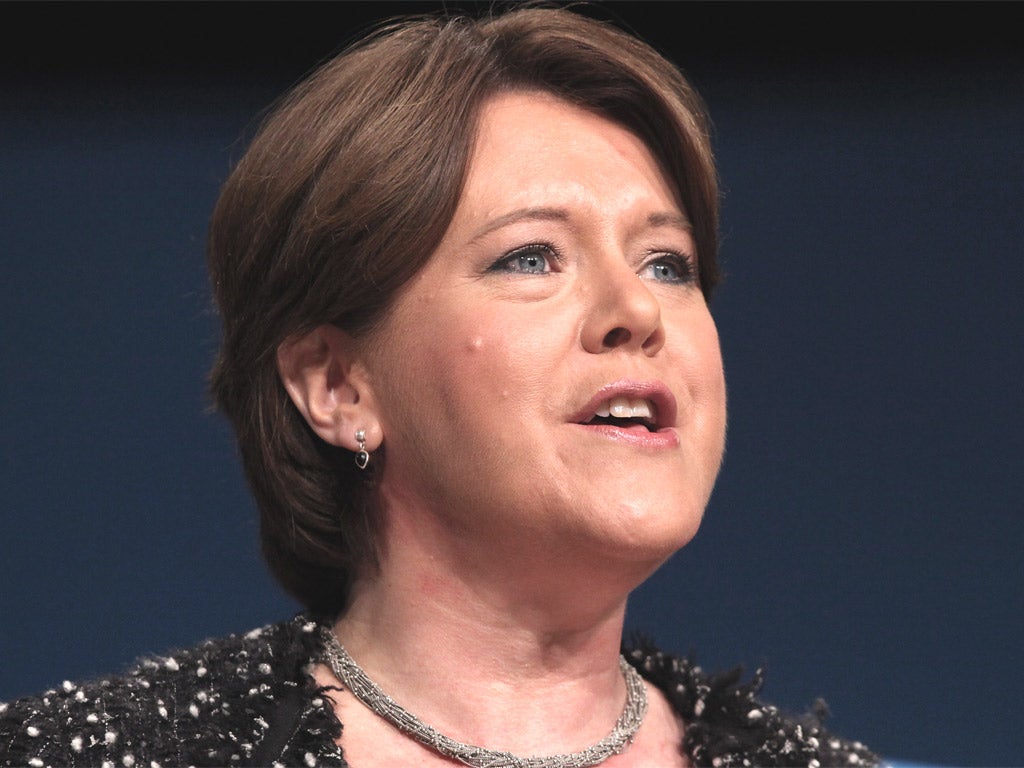It's official: the science on abortion really hasn't 'moved on'
Science 'does not justify' reduction in abortion time limit

Your support helps us to tell the story
From reproductive rights to climate change to Big Tech, The Independent is on the ground when the story is developing. Whether it's investigating the financials of Elon Musk's pro-Trump PAC or producing our latest documentary, 'The A Word', which shines a light on the American women fighting for reproductive rights, we know how important it is to parse out the facts from the messaging.
At such a critical moment in US history, we need reporters on the ground. Your donation allows us to keep sending journalists to speak to both sides of the story.
The Independent is trusted by Americans across the entire political spectrum. And unlike many other quality news outlets, we choose not to lock Americans out of our reporting and analysis with paywalls. We believe quality journalism should be available to everyone, paid for by those who can afford it.
Your support makes all the difference.Cabinet ministers' claims that abortion laws should be tightened because of medical advances are challenged today by official figures showing no improvement in survival for extremely premature babies.
The number of babies born at less than 24-weeks gestation who survive to mark their first birthday has not risen in the past five years. The disclosure contradicts remarks by politicians, including the Prime Minister, that medical advances have improved survival rates and that the time limit on abortions should therefore be shortened.
The new Minister for Women and Equality, Maria Miller, controversially reopened the abortion debate last week when she suggested that the current 24-week limit on abortions should be lowered because the "science has moved on" and babies were surviving at younger and younger gestational ages.
Infant mortality rates by length of gestation for 2010, published yesterday by the Office for National Statistics, show no improvement in survival for extremely premature babies born at 22 or 23 weeks.
Over the five years in which the ONS has collected figures, the survival rate rose from 11.6 per cent in 2006 to 13.6 per cent in 2009, before falling back to 12.2 per cent in 2010. Out of 750 babies born alive at less than 24-weeks gestation in 2010, 92 babies survived to one year. The other 658 babies died.
Ms Miller was supported by David Cameron, who said he "personally" favoured a "modest reduction" in the 24-week limit "because I think there are some medical arguments for that".
The new Health Secretary, Jeremy Hunt, came out to say he favoured a 12-week limit on abortions, based on when he thought life began. Mr Hunt, like Ms Miller, backed a Commons attempt to reduce the time limit for abortion from 24 to 20 weeks, which was heavily defeated in 2008. The ONS figures appear to contradict Ms Miller's position by showing that survival rates for extremely premature babies have not changed since then.
Responding to the ONS figures, a spokeswoman for the British Pregnancy Advisory Service said: "It is incredibly sad that survival rates for extremely premature babies are so low. These are wanted babies. But the lack of improvement in survival shows there is no scientific basis for reducing the abortion limit.
"However, science is only one component of the issue. The other is the reality and needs of women's lives. There will be women who need access to abortion [above] 20 weeks."
Abortions are legal up to 24 weeks but, in practice, very few are carried out after 20 weeks' gestation. In 2011, the number of 20 to 24-week terminations amounted to 1.4 per cent of the total of 190,000.
Join our commenting forum
Join thought-provoking conversations, follow other Independent readers and see their replies
Comments